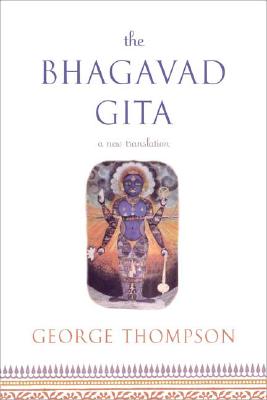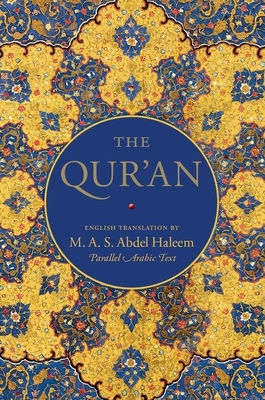
description
of the classic Indian poem, ideally focused for students and teachers and for yoga teacher training The Bhagavad Gita, a small section of the massive Sanskrit epic the Mahabharata, is one of the central texts of Indian culture and philosophy, and one of the great works of world literature. It has been translated into English many times since 1785, and has had a profound influence in America, beginning with the transcendentalists and continuing today. It is taught in introductory world literature, religion, and Eastern religion courses, and is often prescribed in yoga teacher training courses because it explains the core principles of Vedic philosophy, which are central to yoga practice. Some of the currently available translations are in verse and, while well crafted, often do not accurately reflect the forms, sounds, and rhythms of the original. Older scholarly translations convey little feel for language. George Thompson's intention is to be as accurate and engaging as possible, and to create a translation that has scholarly bona fides, literary sensibility, and greater accuracy than previous translations. He emphasizes the social, historical, literary, and philosophical contexts surrounding the text. His introduction explains the development of Hindu thought and where the philosophy of the "Gita" fits historically, along with a history of the text and its place in Indian literature and philosophy and history..
member goods
No member items were found under this heading.
listens & views
Return Policy
All sales are final
Shipping
No special shipping considerations available.
Shipping fees determined at checkout.







